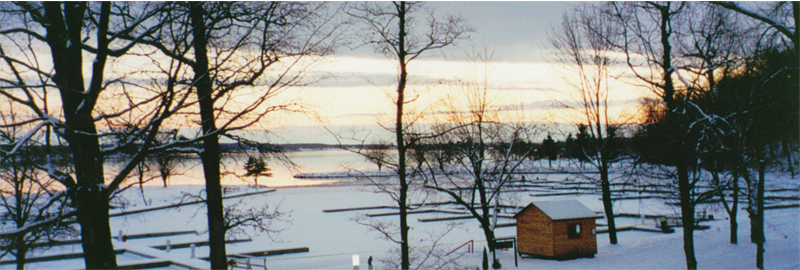A Disappearance in Damascus. A story of friendship and survival in the shadow of war, by Deborah Campbell
“We talk about them, make policies to deal with them, even make war on them, while knowing almost nothing of who they are or what consequences our actions might have.” The words of immersive journalist, Deborah Campbell, in her award-winning book based on her time in Damascus in 2007, living among displaced Iraqi refugees. Researching an article on the refugee crisis for Harper’s, Campbell worked under the radar. She reached out to Ahlam, a ‘fixer’ – an interpreter and guide who makes journalism possible in places where outsiders cannot go alone. What started as a professional relationship between the two women, developed into a deep friendship, as Campbell spent more and more time at Ahlam’s apartment, hearing first-hand the stories and hardships faced by displaced people.
Ahlam, herself a refugee who fled her home country after being kidnapped in Baghdad while running a humanitarian centre, buries her grief for the loss of her elder son by helping solve the problems of others. In her apartment in Sayeda Zainab – Damascus’s Little Baghdad – she set up a school initially for girls but later extended to include boys, not only allowing them to learn, but addressing their sense of isolation. As the conflict in Iraq moved deeper into Syria, conditions for displaced persons deteriorated and suspicion was rife.
But, in the midst of the maelstrom, brief moments of normality shone through. On a particularly bad day, for a rare treat in a restaurant, the two friends ” … ate Syrian food, which the world knows as Lebanese: little platters of mezze drenched in olive oil set on a white tablecloth. Sunlight was pouring in the window from the street.” p.179.
Some days later, in front of Campbell, Ahlam is taken away by agents of the Syrian secret police. “Her [Ahlam’s] expression was flat as a becalmed lake. This vacancy, this flatness in someone always so animated, someone whose face I knew as a stage on which every sort of emotion played, was far more menacing than the presence of the stranger.” Chilling.
Part of this stage of the story is told in Ahlam’s words, chronicling her incarceration initially in an isolation cell, the daily beatings and interrogation in an attempt to turn her into an informant, and her worry about the safety of her two surviving children. Although the reader knows where Ahlam is, Campbell is caught in a web of fear and suspicion, desperately trying to find her friend, who she believes has been arrested because of their association.
In addition to telling the stories of displaced persons through the relationship between two friends, the book gives an insight into the history of Iraq and the Iraqi people, and brought home to me (a political scientist) the effects of international incursions into foreign lands. The invasion of Iraq by the United States and its ill-thought-out actions on the ground, gave no thought to religious groups and splintered the country into a multitude of militias, creating conditions for organized crime in which the innocent fled for their lives. Campbell quotes the words of a European aid worker in Damascus: “Iraq is an atomic explosion … a chain reaction that hasn’t ended yet.”. The recent tragedy of Aleppo bears out the truth of these words.
Campbell, and other immersive journalists like her, risk their lives to bridge the gap between the readers of publications for which they write and people in war-torn places who readers would otherwise not meet. In this book, does she succeed in this aim? A resounding “Yes” from me. Will the world learn from such stories? I doubt it.
Later, in her adopted home in another country, watching her children forge their future, Ahlam longs for the peaceful world of her childhood in the big house on the banks of the Tigris in Iraq. She will always be an exile, and like the many millions like her, will always have the fear that this new life will suddenly shatter and disappear.

Leave a Reply